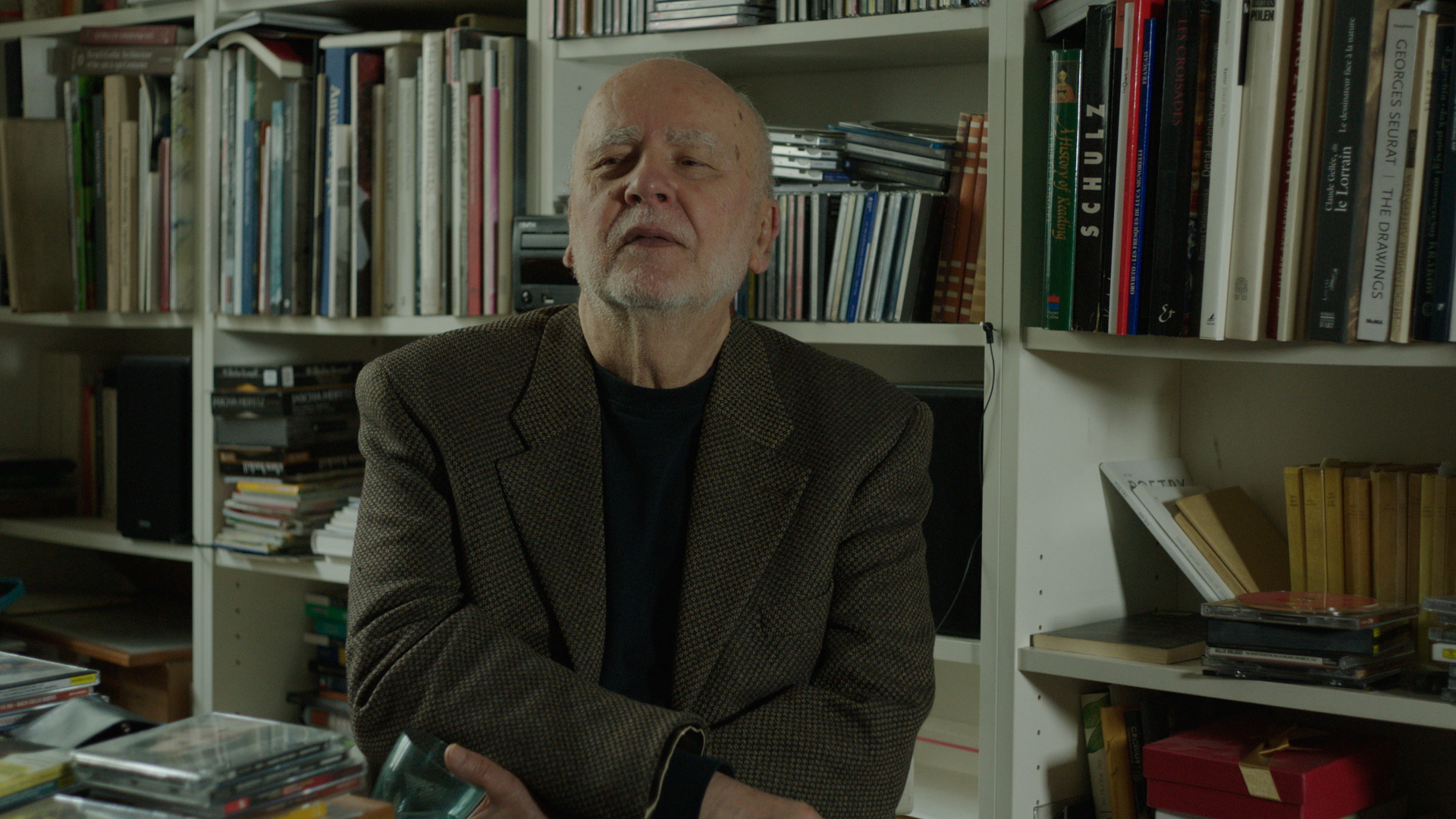NEXT STORY

Three decades of extraordinary culture
RELATED STORIES

NEXT STORY

Three decades of extraordinary culture
RELATED STORIES


|
Views | Duration | |
|---|---|---|---|
| 21. Anti-Semitism raises its ugly head | 68 | 02:30 | |
| 22. Circle of Young Writers collective is formed | 45 | 05:52 | |
| 23. The blossoming of Polish culture | 54 | 01:44 | |
| 24. Three decades of extraordinary culture | 55 | 00:56 | |
| 25. Writing is my element | 49 | 03:53 | |
| 26. Poetry is not theory | 46 | 03:35 | |
| 27. Paying the price of actively protesting against the system | 52 | 03:31 | |
| 28. Seduced by Warsaw's revolutionary spirit | 50 | 02:19 | |
| 29. Protest poetry and me | 45 | 05:05 | |
| 30. The sense of seclusion in Berlin | 43 | 02:24 |


It was thanks to musicians – cinema, too. Wajda – he was the one... not much is said about this anymore but in the interwar years, Polish culture wasn't known on a global scale. There was Witkacy, Bruno Schutz, but they didn't join the canon of internationally recognised artists until after World War II when Polish culture gained expression following the events of October. Because that October released an enormous creative, political, cultural and artistic energy within Poland. So I find it laughable when people lament this... God forbid that I should defend that PPR as a system, but in the sense of Poland's existence, Polish culture in the world – that was a wonderful moment. There was film, music, poetry, painting not so much, but Penderecki, later Lutosławski, followed by Górecki... whereas among the poets, Herbert came first, followed by Szymborska, Miłosz and so on. That, too, was an extraordinary time, an extraordinary time. In Poland, people weren't really aware of this because contact with the West was restricted and it was the West that dictated, was the oracle as it still is today.
Dzięki muzykom – kino, prawda. Wajda – to jest ten... w skali mało się o tym pamięta, ale w latach międzywojennych polskiej kultury nie znano na świecie. Był Witkacy, był Bruno Schulz, ale obaj zostali... weszli w obieg światowy po wojnie dopiero, właśnie w tym... w tym takim... w tej ekspresji polskiej kultury w latach po październiku. Dlatego że październik był... wyzwolił ogromną energię w Polsce, energię także twórczą, polityczną, ale także kulturalną czy po prostu artystyczną. I właśnie śmieszą mnie te ubolewania nad tym... to znaczy ja broń Boże nie bronię PRL-u jako systemu, ale w sensie istnienia Polski, polskiej kultury w świecie – to był wspaniały moment. Właśnie film, muzyka, poezja, mniej malarstwo, prawda, ale Penderecki, potem Lutosławski, później Górecki i... a z poetów – no pierwszy był Herbert, potem Szymborska, Miłosz i tak dalej. Toteż to jest niebywały okres, niebywały okres. I to w Polsce się to jakoś wiedziało nie do końca, bo się nie... nie było dużo kontaktu z tym Zachodem, który dyktował, gdzie... który był wyrocznią – jest do tej pory zresztą.
Adam Zagajewski (1945-2021) was a Polish poet, novelist, translator and essayist. He was awarded the 2004 Neustadt International Prize for Literature, the 2016 Griffin Poetry Prize Lifetime Recognition Award and the 2017 Princess of Asturias Award for Literature. He is considered as one of the leading poets of the Generation of '68 or the Polish New Wave (Polish: Nowa fala) and is one of Poland's most prominent contemporary poets.
Title: The blossoming of Polish culture
Listeners: Andrzej Wolski
Film director and documentary maker, Andrzej Wolski has made around 40 films since 1982 for French television, the BBC, TVP and other TV networks. He specializes in portraits and in historical films. Films that he has directed or written the screenplay for include Kultura, which he co-directed with Agnieszka Holland, and KOR which presents the history of the Worker’s Defence Committee as told by its members. Andrzej Wolski has received many awards for his work, including the UNESCO Grand Prix at the Festival du Film d’Art.
Tags: Andrzej Wajda, Krzysztof Penderecki, Witold Lutosławski, Henryk Gorecki, Wisława Szymborska, Czesław Miłosz
Duration: 1 minute, 44 seconds
Date story recorded: March 2018
Date story went live: 25 April 2019